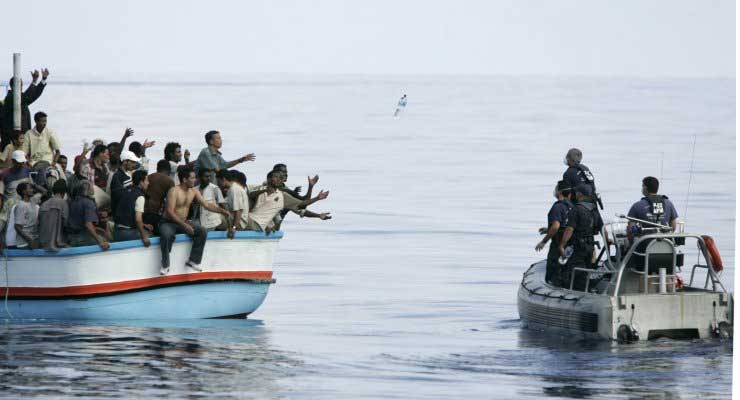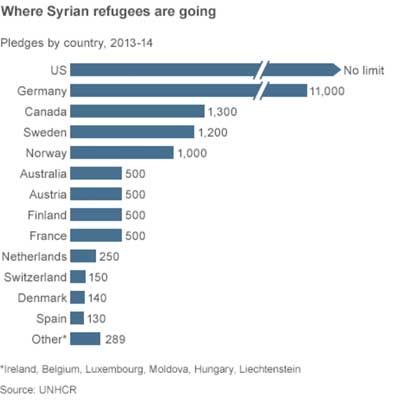
Representatives from two strategically important countries in the world, Saudi Arabia and Russia, have failed to come to an agreement on the future of Syrian President Bashar al-Assad who has been fighting a violent revolutionary movement, consisted of numerous groups, since the spring of 2011. One of the numerous groups the Assad regime has been fighting is the Islamic State group who has taken large areas of land in Syria and neighboring Iraq in an attempt to set up an Islamic country. The endless chaos continues to feed questions about finding a quick solution, but such a dream might be out of reach.
“A key reason behind the emergence of Islamic State was the actions of Assad who directed his arms at his nation, not Islamic State” Saudi Arabia’s Foreign Minister Adel al-Jabeir said following the completion which took place on Tuesday August 11th in Doha, Qatar. Saudi Arabia has regularly stated that President Assad must leave power immediately.
 “The talks are about coordinating all those who are already fighting terrorists so that they put their main focus on fighting terrorism” Russian Foreign Minister Sergei Lavrov said, whose country has had a keen interest in the instability within Syria as they have been propping up the Assad regime with weapons and assistance sent from Moscow.
“The talks are about coordinating all those who are already fighting terrorists so that they put their main focus on fighting terrorism” Russian Foreign Minister Sergei Lavrov said, whose country has had a keen interest in the instability within Syria as they have been propping up the Assad regime with weapons and assistance sent from Moscow.
Syria is one of many countries which have taken part in what has become known as the “Arab Spring” which began in Tunisia in December 2010 when a man set himself on fire protesting the government then longtime President Zine El- Abidine Ben Ali. The revolution then spread to numerous Arab countries including Egypt, Libya, Yemen, Bahrain, Kuwait and Morocco just to name a few.
The unrest sparked by the Arab Spring, particularly within the conflict Syria, has fed a migrant crisis that has seen thousands die crossing the Mediterranean Sea in an attempt to reach Southern Europe. The exodus has exacerbated the political storm in Greece which has been used as a stepping stone to countries like Germany and England that are the final goal of a majority of the migrants. The crisis has also affected European countries like Macedonia and Hungary that are struggling to accommodate the influx.
“Unless we have a European answer to this crisis, no one should be under any illusion that this would be solved” Macedonian Foreign Minister Nikola Poposki said at a conference in Vienna. Unrest from the violence resulting from the Arab Spring and the Islamic State group (aka IS) has also made its way into neighboring Iraq where IS has taken advantage of the United States troop pullout in December 2011 and have also taken large areas of land.
Ultimately, it would be in the European countries’ best interest to stay out of this internal conflict in which it is impossible to know which fighters would be good for a peaceful resolution towards a democratic process and which ones will side with the Islamic State and set up a state with a decidedly undemocratic process.
Leave a Reply